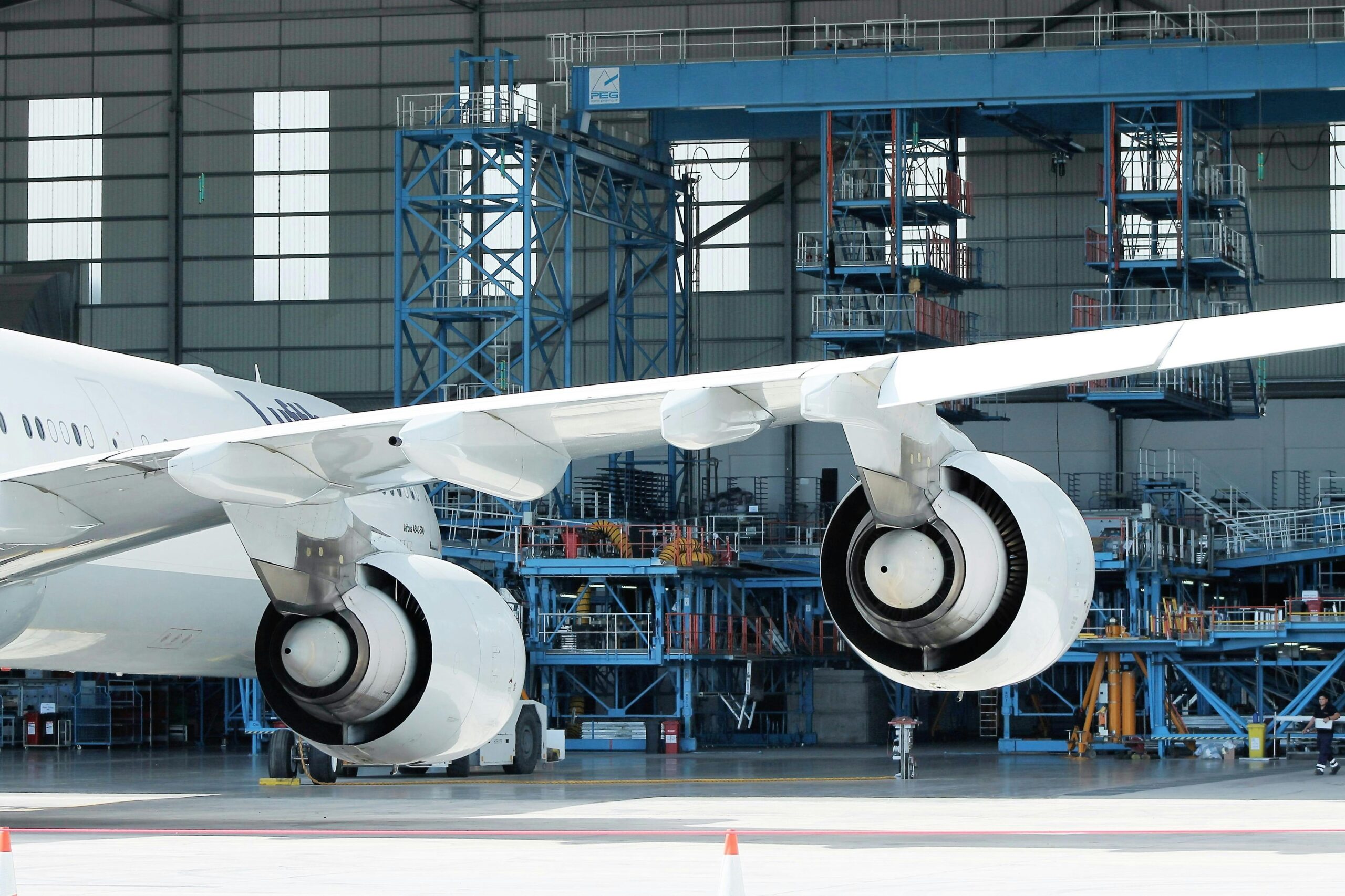Famous Cases of Mistakes in International Logistics:
Lessons for Optimizing Operations
By Community Manager : 04 Dec 2024

Global trade depends on complex and well-synchronized supply chains. However, logistical errors can have significant consequences, both financial and reputational. These incidents, while unfortunate, offer invaluable lessons for avoiding similar problems in the future and ensuring safer and more efficient operations.
At Spirit for All, we understand the risks inherent in foreign trade and international logistics. That’s why we work with customized solutions that minimize errors, ensure regulatory compliance and optimize our clients’ operations.
Famous Logistical Mistakes and Lessons Learned
The blockade of the Suez Canal (Ever Given, 2021)
The grounding of the container ship Ever Given in the Suez Canal paralyzed global trade for six days, blocking a critical route that handles 12% of the world’s maritime trade. This incident generated multi-million dollar losses and affected supply chains around the world.
Lesson:
It is essential to have contingency plans for unforeseen events, such as the use of alternative routes or strategic storage of inventories.
Diversifying trade routes is essential to mitigate dependence on critical points.
The MV Rena disaster (2011)
The MV Rena, a container ship, ran aground off the coast of New Zealand due to navigational errors. In addition to the loss of cargo, the accident caused one of the largest environmental disasters in the region, with irreparable ecological damage.
Lesson:
- Constant training of personnel and the use of advanced navigation technologies are essential to prevent human error.
- Proper monitoring of shipping routes significantly reduces operational risks.
IKEA shipment confusion in Japan
When IKEA expanded into the Japanese market, it faced a logistical setback in shipping standard European-sized furniture to a country where living spaces are getting smaller and smaller. This resulted in a lack of product acceptance and additional costs for the company.
Lesson:
- Understanding the cultural characteristics and specific needs of the target market is key in international logistics.
- Adapting products and logistics strategies to the local context avoids costly mistakes.
Maersk container loss (2019).
The Maersk Seroja Lima lost more than 40 containers during a storm in the Pacific Ocean. This incident highlighted the vulnerability of goods to natural phenomena and the importance of cargo security.
Lesson:
- Ensuring proper cargo securing is essential to avoid losses during transport.
- Having insurance that will cover weather risks and constant monitoring of weather conditions will improve the resilience of operations.
How Spirit for All Helps Avoid Logistical Mistakes
Spirit for All offers comprehensive solutions designed to prevent common logistical errors by:
- Robust contingency plans: Strategies that minimize disruptions in the face of unforeseen events.
- Ongoing training: Programs for logistics personnel that strengthen their skills in regulatory compliance, cargo handling and emergency response.
- Real-time monitoring: Use of advanced technologies to track goods and anticipate risks.
- Cultural and commercial consulting: Helping companies adapt their logistics strategies to the specific characteristics of each market.
- Insurance systems: Risk coverage to guarantee financial security in case of loss or damage.

Conclusion
Logistical mistakes, while costly, are learning opportunities that can transform the way companies manage their international operations. Cases such as the Suez Canal blockage or IKEA’s mistakes in Japan highlight the importance of strategic planning, training and the use of advanced technology.
At Spirit for All, we work to help companies not only avoid these mistakes, but also optimize their operations and adapt to the complexities of global trade.
